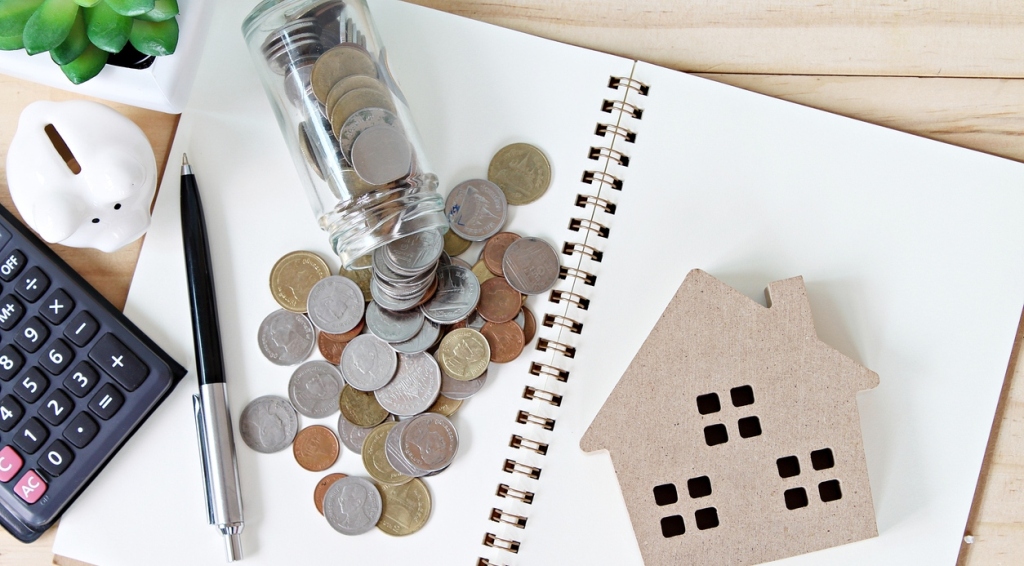
Get to Know About Record Keeping for Landlords!
- September 21, 2018
- admin@ohi

Owning a property can be a great way to earn a regular monthly income. For a landlord, expanding property ownership to a number of locations can increase his monthly income manifold. However, landlords need to keep records of documents, bills, and other important notes of information which may be required at a future date for various reasons. This small task may seem inessential at first, but it would serve well when the need for future references, proof of claims and ownership arises.
Having a complete tax documentation is perhaps the number one priority for landlords. The primary documentation required pertains to rental income and expenses. This will save landlords from considerable hassle during the tax season or that odd occasion when called for an audit. Landlords will be required to provide documentation to substantiate their proof of income and expenses. It helps when you have it all documented and handy!
To tackle complicated accounting, it’s advisable that landlords take on the services of a professional accountant or a Certified Public Accountant (CPA). One of the first things that a CPA will ask for is documentation. It is therefore advisable for landlords to make the processes simpler by maintaining all financial records up-to-date and relevant for the CPA.
For landlords who have hired employees to manage their properties, it is again necessary to keep records of their employees’ earning. This includes their Payroll Tax Records, Withholding Tax Records as well as Employment Tax Returns. If there are any discrepancies in the employees’ tax data, the landlord will be questioned and subsequently asked to make amends with penalties.
A residential property is liable to the government as well as municipal rules and regulation. Maintaining a separate file for documents regarding clearance and registration of property owned by the landlord will avoid unnecessary complications during land and property assessment and evaluation.
Landlords who own multiple rental properties must keep in mind that small expenses here and there can add up to a heap of money. Keeping receipts of expensive payments is a no-brainer, but even receipts of small investments that go into property repair and maintenance should be kept safe. They come useful when calculating monthly expenses and will aid in planning a budget for future expenses. Keeping receipts also help in working out the exact amount of money spent on fixing property damage claimable from tenants responsible for the damage.
To prevent any double payment or non-payment of bills, landlords should keep separate files for monthly recurring bills of each property owned. This will ensure that when a CPA requires proof of expenses, landlords can access the receipts easily.
It’s highly critical that landlords keep records of all official contracts made with their tenants. These contracts can be in the form of documents like rental application, original signed lease, lease agreement package and other documents produced during the rental period. Having a record of these official papers will save landlords from any false accusations or incorrect claims made against them.
The assortment of documents and files mentioned may make real estate record keeping look like a dreadful work requiring a ton of effort and time. But once the big step of sorting out different documents and receipts into their dedicated files is completed, it simply requires timely management to maintain the documentation for the long-run. There are also web-based applications and software either dedicated to or facilitating record keeping. Although real estate record keeping demands some effort and time from landlords, it will surely ease up their work. So do it today!
Know More About our Expertise in Record Keeping for Landlords: Call us at 1-646-367-8976, Email at sales@outsourcinghubindia.com – CONTACT US
Contact us for a customized NO OBLIGATION proposal for outsourcing your accounting activities.







